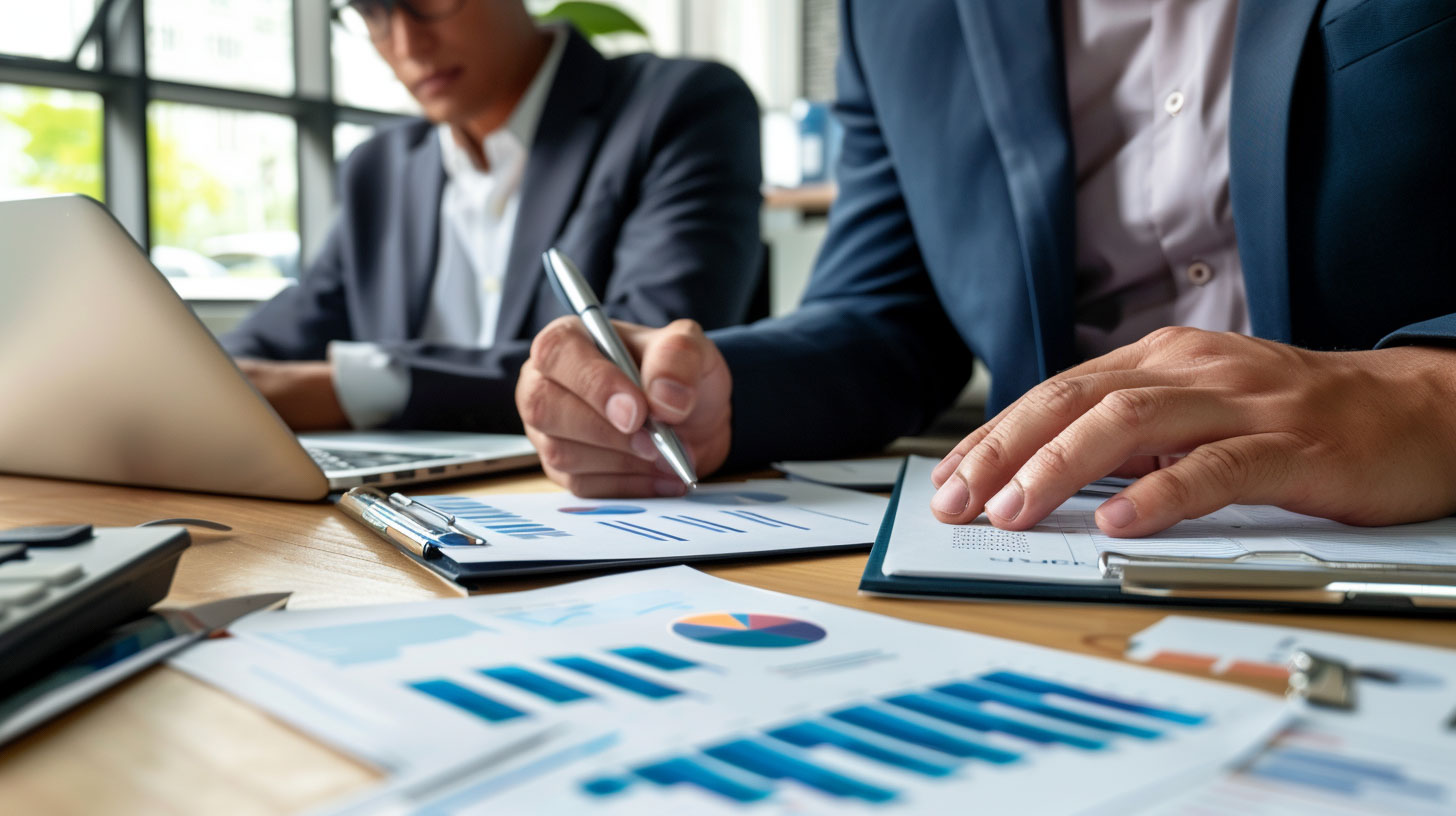Lithuania’s Economic Landscape
Lithuania, one of the three Baltic states, has emerged over the last few decades as a dynamic and resilient player in the European economic landscape. Since regaining independence in 1990 and joining the European Union in 2004, the country has witnessed rapid economic development, integrating advanced technologies and a market economy. As of 2023, Lithuania’s GDP is growing at a robust rate, and it has become a hub for IT, manufacturing, fintech, and life sciences industries.
The Importance of Education for Business
Education has always held a pivotal role in Lithuania’s societal structure, and this is reflected in the country’s commitment to developing a highly educated workforce. Lithuania boasts a high literacy rate and a significant portion of its population holds higher education degrees. The country’s educational system is structured to meet the evolving needs of its business sector, ensuring students are proficient in critical thinking, innovation, and technical skills.
Primary and Secondary Education System
The foundational levels of Lithuania’s education system, comprising primary and secondary education, place a strong emphasis on science, technology, engineering, and mathematics (STEM). Students are introduced to these core subjects early on and are encouraged to develop problem-solving skills. Foreign language education is also emphasized; many students are proficient in English, Russian, and other languages, which enhances their ability to engage in international business.
Higher Education and Vocational Training
Lithuania’s higher education institutions are well-regarded, with universities like Vilnius University and Kaunas University of Technology leading in various fields of study. These institutions collaborate with industry leaders to develop curricula that align with current business needs.
There is also significant investment in vocational training programs which are tailored to equip students with practical skills required in industries such as IT, engineering, and healthcare. Apprenticeship models allow students to gain hands-on experience while studying, bridging the gap between theoretical knowledge and real-world application.
Business Environment and Workforce Readiness
Lithuania’s workforce is characterized by its adaptability and high skill level. The government’s active role in fostering a business-friendly environment has attracted numerous international companies. The IT sector, in particular, has seen substantial growth, positioning Lithuania as a leader in software development and fintech innovation.
Lithuanian businesses benefit from educational programs that emphasize digital literacy and advanced technical skills, preparing graduates for the demands of a modern, technology-driven economy. Furthermore, the presence of business incubators and innovation hubs support startups and foster entrepreneurial thinking among the young workforce.
Government Initiatives and Public-Private Partnerships
The Lithuanian government actively supports initiatives that enhance workforce readiness. Policies and incentives are in place to promote lifelong learning and continuous professional development. Public-private partnerships play a vital role, with businesses collaborating with educational institutions to refine training programs, ensuring they are current and relevant.
Challenges and Future Prospects
Despite these strengths, Lithuania faces challenges such as the need to reconcile rapid technological advancements with educational content and the demographic issue of an aging population. However, the country’s proactive approach to education and workforce readiness positions it to address these challenges effectively.
Looking ahead, Lithuania’s focus on innovation and sustained investment in education will be crucial. The integration of advanced technologies such as AI and machine learning in educational frameworks is expected to further prepare the workforce for future business landscapes, maintaining Lithuania’s competitive edge in the global market.
Conclusion
In conclusion, Lithuania’s robust educational system and strategic focus on workforce readiness have fostered a conducive environment for business development. The synergy between education and the business sector in Lithuania continues to drive economic growth, innovation, and global competitiveness, ensuring a prosperous future for the country.
Suggested related links about Education and Workforce Readiness in Lithuania’s Business Sector:
Ministry of the Economy and Innovation of the Republic of Lithuania
Ministry of Education, Science and Sport of the Republic of Lithuania
Lithuanian Chamber of Commerce, Industry and Crafts
Vilnius Gediminas Technical University
